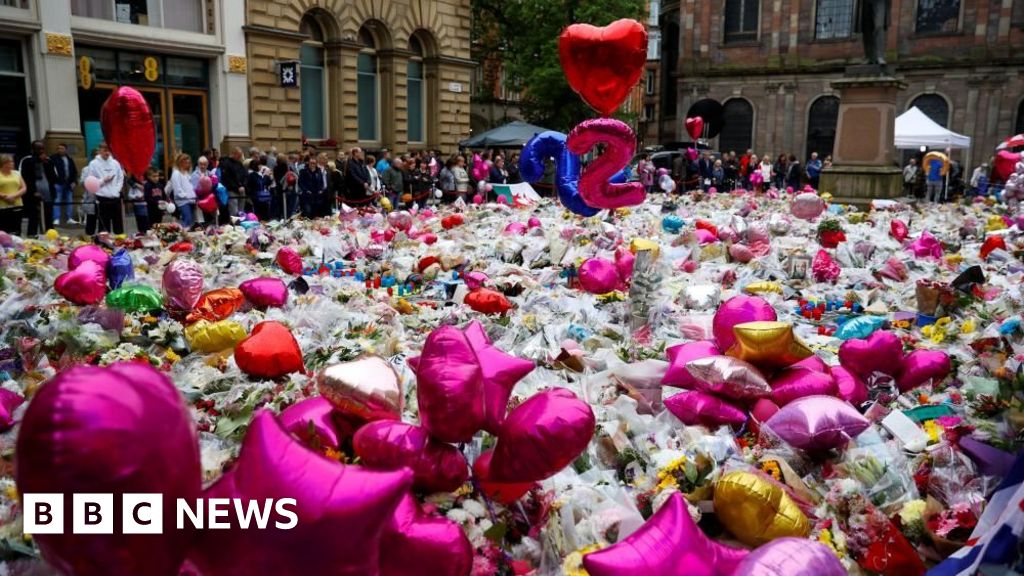Mr Weatherby argued MI5’s failure to prevent the attack was so serious that the tribunal could conclude it amounted to a human rights breach.
But Mr Sheldon said the tribunal “could not get anywhere near” such a conclusion given the number of actions needed to uncover bomb plots.
Mr Weatherby said the new tribunal was about the “missed opportunities” to prevent the attack.
In the months before the bombing, MI5 received two pieces of information about Abedi.
The public inquiry report revealed that the MI5 officers who handled the intelligence had understood, at the time, that both pieces could relate to terrorism.
Until then, MI5’s corporate statements to the inquiry, parliament and an official review said the intelligence had been assessed as relating to non-nefarious or non-terrorist criminality by Salman Abedi.
The inquiry chairman Sir John Saunders concluded: “I do not consider that these statements present an accurate picture.”
In his written submissions to the IPT, Mr Weatherby said: “The perpetrators were not unknowns who acted spontaneously or with a simplicity which gave little room for discovery.”
The IPT hearing was told three lead cases were representing all of the claimants:
-
Chloe Rutherford, aged 17, from South Shields in Tyne and Wear, was killed in the explosion
-
Eve Hibbert, 14 at the time, survived the blast but suffered life-changing injuries
-
Lesley Callander, who lost her 18-year-old daughter Georgina Callander in the attack. The court heard she had been left “profoundly psychiatrically injured” by seeing her daughter in the aftermath of the bombing. Georgina died in an ambulance with her mother by her side
Mr Weatherby rejected arguments that the current legal action had been launched too late.
He said the usual time limit on claims should be extended and that it had not been possible to bring the case prior to the conclusion of the public inquiry last year.
The claimants’ barrister argued the public inquiry’s findings had provided the factual basis for the latest claims.
Mr Weatherby said his clients “were pleased that the public inquiry brought out material and information and conclusions that had not hitherto been there but they see this process as being the next step in (their) vindication”.
The barrister later said the claimants were also seeking damages.

